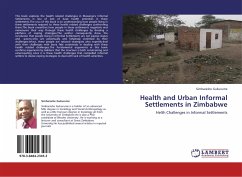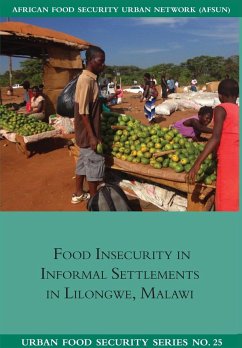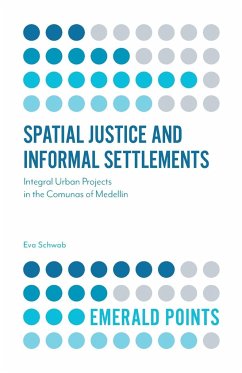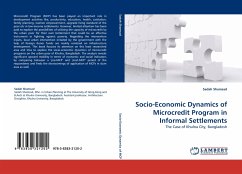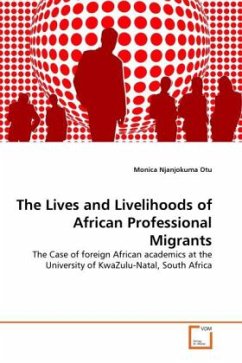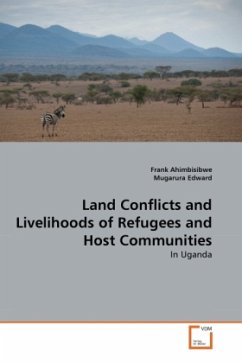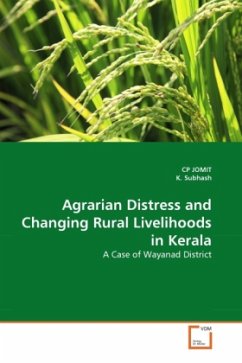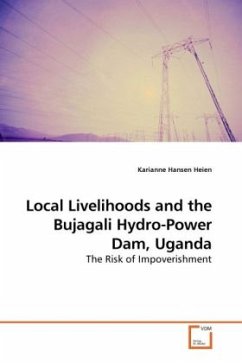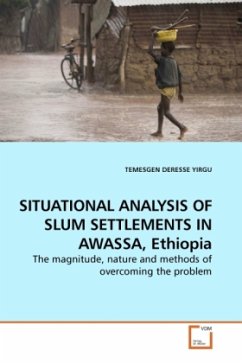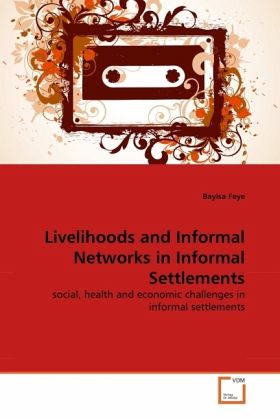
Livelihoods and Informal Networks in Informal Settlements
social, health and economic challenges in informal settlements
Versandkostenfrei!
Versandfertig in 6-10 Tagen
39,99 €
inkl. MwSt.

PAYBACK Punkte
20 °P sammeln!
Charaqa safar is an informal settlement which lack formal recognition by urban authorities and developed in the heart of Addis Ababa. The sense of alienation by non-dwellers, municipal authorities and others, compounded by attempt to demolish it, made the dominant scene of the living quarter. On top of this, residents in the quarter formed a strong sense of sentiment and collaboration to live together. All forms of social groups- ranging from the shack lords to commercial sex workers and beggars constitute the social arena. In this study, the researcher synthesized the causes behind its format...
Charaqa safar is an informal settlement which lack formal recognition by urban authorities and developed in the heart of Addis Ababa. The sense of alienation by non-dwellers, municipal authorities and others, compounded by attempt to demolish it, made the dominant scene of the living quarter. On top of this, residents in the quarter formed a strong sense of sentiment and collaboration to live together. All forms of social groups- ranging from the shack lords to commercial sex workers and beggars constitute the social arena. In this study, the researcher synthesized the causes behind its formation, the social, political and health challenges the dwellers face; and the informal social networks uniquely developed in charaqa safar mobilizing urban anthropological perspectives and methods-chiefly six months of field work. The study reveals that all the multifaceted challenges the settlers facing emanates from the informal status of the living quarter. In the opposite, the complex and multiple social networks and harmony in the settlement suggests its positive treatment through upgrading with the proposed roles to be played by different actors.



